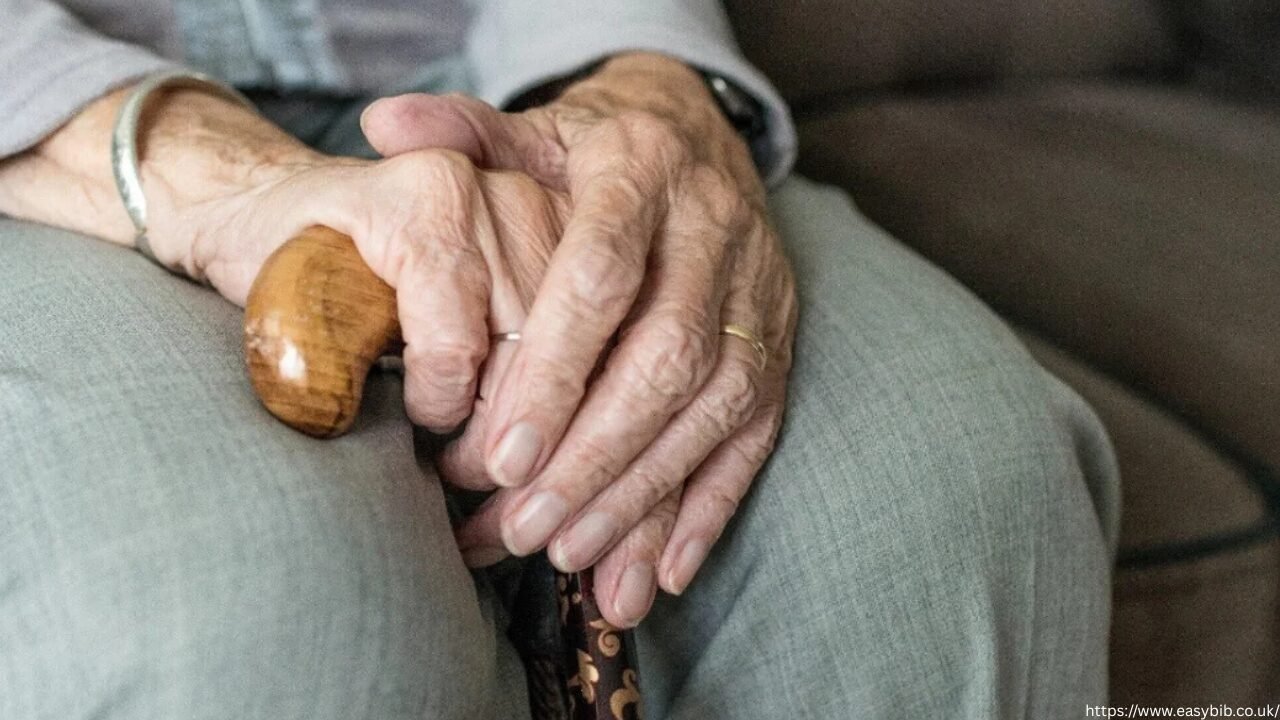How to Help Older Adults Cope with Loss and Grief

Losing a loved one is never easy. For older adults, grief can feel even heavier. They may face the loss of a spouse, friend, sibling, or even adult child.
Coping with these emotions can be hard, especially if they already feel isolated or have health concerns. Supporting them during this time is essential.
Here are some ways to help older adults cope with grief and begin the healing process.
Be Present and Listen
One of the best ways to help is to be there. Grieving seniors need someone to listen to them without judgment. Let them talk about their memories, feelings, or fears. Avoid advising unless it is requested.
Often, just having someone to talk to makes a big difference. Silence can be comforting, too. Sitting together, even without speaking, can bring peace and support.
Encourage Daily Routines
Loss can disrupt a person’s daily life. Older adults may struggle to maintain their meals, sleep, or exercise routine. Please encourage them to maintain a simple routine. Help them set small, daily goals, such as getting dressed or taking a short walk. Routine brings comfort and stability. It also helps prevent feelings of helplessness and depression.
Make sure they eat regular meals and stay hydrated. You can offer to cook together or drop off healthy food. Even light chores, such as watering plants or sorting mail, can help them feel more in control of their daily tasks.
Support Social Connections
Grief can make seniors feel alone. Isolation can increase sadness and lead to other health problems. Please encourage them to maintain regular contact with friends and family. If they are not mobile, help them use phone or video calls.
You can also suggest joining local groups for seniors or grief support meetings. Staying connected helps them feel seen and valued. If they’re not ready to attend in-person events, look for online options. Many organisations now offer virtual support groups.
Offer Practical Help
Daily tasks can feel overwhelming after a loss. Offer help with shopping, cooking, cleaning, or driving. These small acts can relieve stress and make life easier. Be careful not to take over completely.
Let them stay involved in decision-making and tasks when they are ready. This gives them a sense of control and independence during a hard time. You can also help with paperwork and other responsibilities that often follow a loved one’s passing.
Encourage Healthy Outlets for Grief
There is no “right” way to grieve. Each person processes loss in their way. Encourage older adults to express their feelings. They may want to write in a journal, create art, or plant a memory garden. Gentle movements, such as yoga or walking, can also help. Some may find peace in faith or spiritual practices. Focusing on emotional wellness for seniors after loss is key to long-term healing.
Let them know it’s okay to feel sad, angry, or even numb. Grief has many stages, and it doesn’t follow a straight path. Support whatever helps them feel comforted, whether it’s quiet time alone or joining a support group.
READ MORE
Learn How Older Adults Cope with Loss and Grief
Helping an older adult cope with loss takes patience, care, and love. Listen without trying to fix their pain. Support their routines and social life.
Offer help, but let them lead when they can. Grief never entirely disappears, but with the proper support, older adults can find peace and joy again. Be there for them, and your presence can become a steady light in a dark time.
Looking for more tips and ideas? We’ve got you covered. Please take a moment to explore more of our posts.
